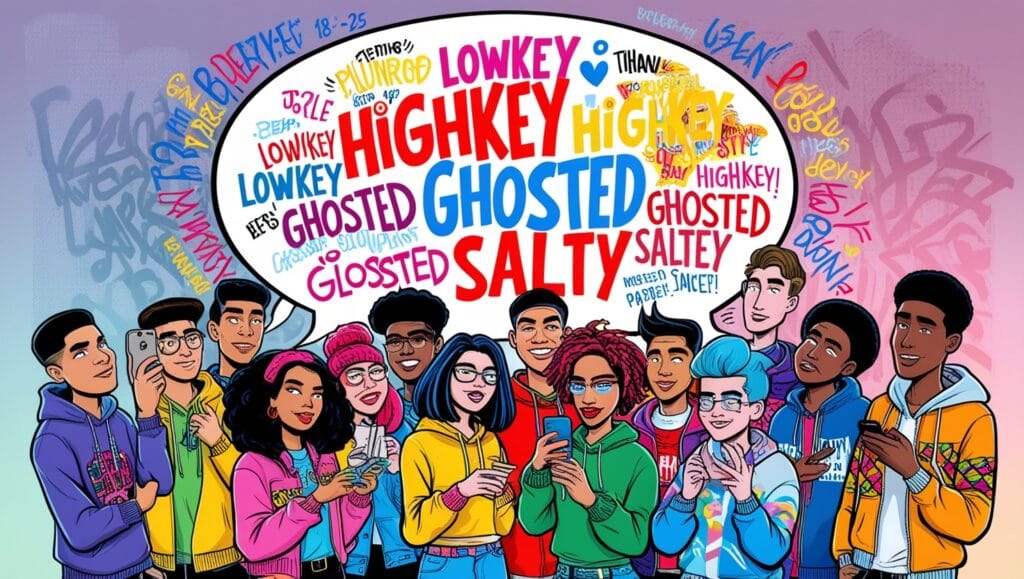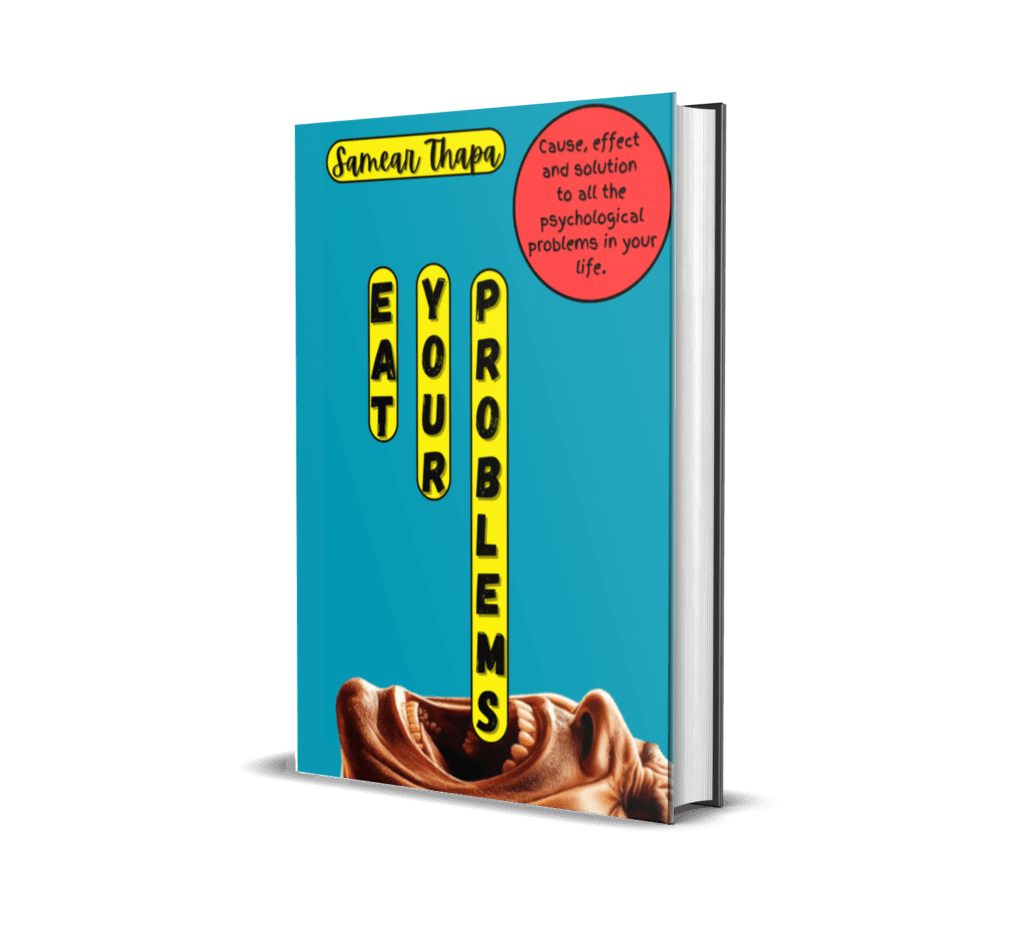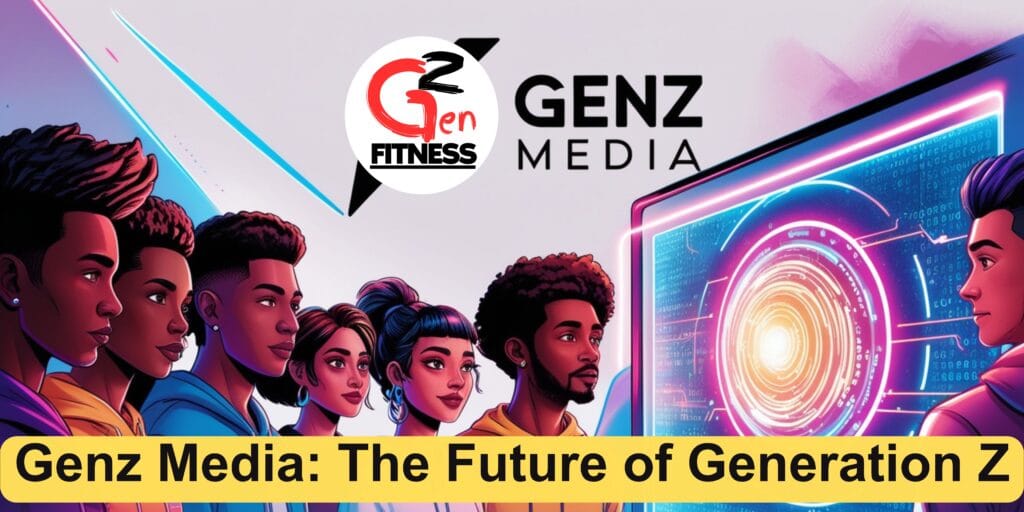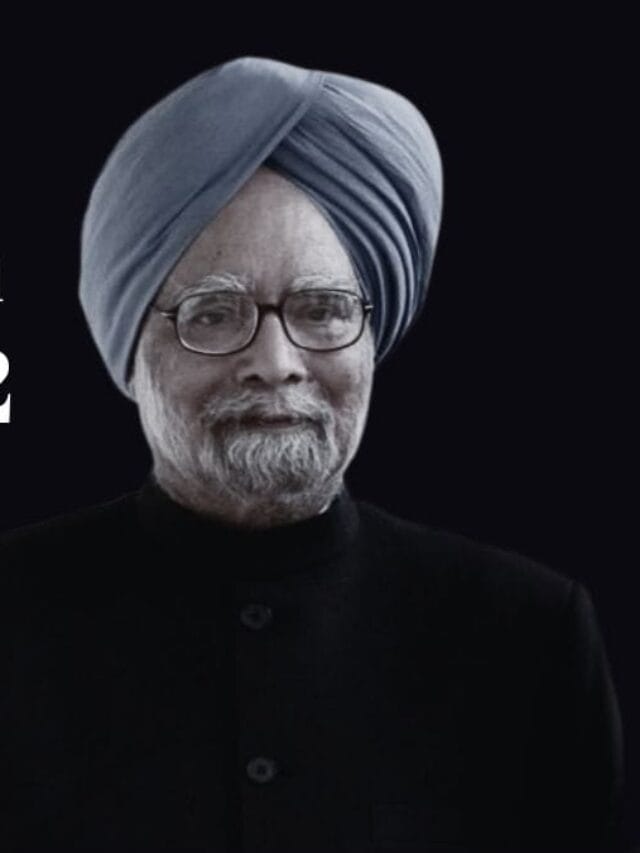

Introduction: Gen Z Slang Words
Every generation brings with it a wave of new slang that shapes the way they communicate, and Gen Z is no exception. Born between the mid-1990s and early 2010s, this tech-savvy generation has developed a language that’s deeply rooted in internet culture, social media trends, and modern dating dynamics. With so many new terms and phrases floating around, it can be hard to keep up! In this article, we’ll see 50 Gen Z slang words and relationship terms, breaking down their meanings and giving you a peek into how this generation talks.
What is Gen Z Slang?
Gen Z slang refers to the words and phrases that have become popular among this generation, often originating from social media platforms like TikTok, Instagram, and Twitter. These terms are usually short, catchy, and often tied to memes or viral moments, allowing for rapid communication in a digital world.
Why Understanding Gen Z Slang is Important
If you’re not a part of Gen Z, you may find their slang confusing or hard to follow. But understanding it is crucial for staying connected with younger generations. It’s more than just learning new words—it’s about gaining insight into their culture, values, and the way they see relationships and the world. Plus, it helps bridge the gap between generations and facilitates better communication.
50 Gen Z Slang Words & Their Meanings
Let’s break down some of the most popular Gen Z slang words, starting with a few that are commonly used in conversations.
1. Bet
“Bet” is used to agree with someone or confirm that something will happen. It’s essentially saying “okay” or “sure.”
Example:
Person A: “I’ll see you at the party?”
Person B: “Bet.”
2. No Cap
“No cap” means “no lie” or “I’m being serious.” It’s often used to emphasize the truthfulness of a statement.
Example:
“That outfit looks amazing on you, no cap.”
3. Simp
A “simp” is someone who goes above and beyond for someone they like, often in a way that seems excessive or desperate.
Example:
“He’s always buying her gifts and doing her homework—he’s such a simp.”
4. Bae
“Bae” is an acronym for “before anyone else” and is used as a term of endearment for a significant other.
Example:
“You’re my bae.”
5. Lowkey/Highkey
“Lowkey” means something is subtly true or you want to keep it on the down-low. “Highkey” is the opposite—something is openly true or obvious.
Example:
“I lowkey have a crush on him.”
“I highkey want to quit my job.”
6. Ghosting
“Ghosting” is when someone suddenly cuts off all communication without explanation, often in a romantic context.
Example:
“We were texting every day, and then he ghosted me.”
7. Flex
To “flex” means to show off, either material things or personal achievements.
Example:
“Look at her flexing with that new car.”
8. Woke
“Woke” refers to being socially aware, particularly about issues of racism and inequality. However, it has also been overused to the point of parody in some contexts.
Example:
“Staying woke about climate change is important.”
9. Sus
“Sus” is short for suspicious and is used when someone or something seems off.
Example:
“That guy’s been acting sus all day.”
10. Finsta
A “finsta” is a fake Instagram account where someone posts more personal or candid content, often for a smaller group of close friends.
Example:
“Check my finsta for the real story.”
Relationship-Specific Gen Z Terms
Gen Z has a language all its own when it comes to dating and relationships. Let’s look at some of the words that dominate the dating scene.
11. Situationship
A situationship is a romantic or sexual relationship that lacks clear boundaries or a formal label. It’s something between friends with benefits and a committed relationship.
Example:
“We’ve been hanging out for months, but it’s still just a situationship.”
12. Cuffing Season
“Cuffing season” refers to the colder months when people are more likely to seek out a relationship to avoid being single during the holidays.
Example:
“Time to find someone to cuddle with—it’s cuffing season.”
13. Talking Stage
The “talking stage” is the period before a relationship becomes official, where two people are getting to know each other but aren’t exclusive yet.
Example:
“We’re in the talking stage, so it’s not serious yet.”
14. Breadcrumbing
Breadcrumbing is when someone leads another person on by sending intermittent signals of interest, without actually committing.
Example:
“He keeps breadcrumbing me by texting every now and then but never making plans.”
15. Thirst Trap
A thirst trap is a photo or post meant to attract attention and compliments, often in a flirty or provocative way.
Example:
“She posted a thirst trap on Instagram, and her DMs blew up.”
16. Sliding into DMs
“Sliding into DMs” is when someone sends a direct message to someone they’re interested in, often as a way of flirting.
Example:
“He slid into my DMs after seeing my story.”
17. Ick
The “ick” is a feeling of sudden disgust or discomfort you get from someone, often for reasons that seem trivial.
Example:
“I liked him, but then I saw the way he chews, and now I’ve got the ick.”
18. Curve
To “curve” someone is to reject them, often by ignoring their advances.
Example:
“I tried to ask her out, but she curved me.”
Popular Gen Z Acronyms
Gen Z also loves to use acronyms to speed up communication, especially in texts and social media.
19. FWB (Friends with Benefits)
A friends-with-benefits relationship is one where two people are friends but also engage in a casual sexual relationship without commitment.
Example:
“They’re just FWB—it’s nothing serious.”
20. TFW (That Feeling When)
TFW is used to preface a relatable experience or emotion.
Example:
“TFW you realize it’s Friday.”
21. OOMF (One of My Followers)
OOMF is used to refer to someone who follows you on social media.
Example:
“OOMF just liked my post.”
22. GOAT (Greatest of All Time)
GOAT is a term of admiration for someone who excels at what they do.
Example:
“LeBron James is the GOAT.”
More Common Gen Z Phrases
23. Big Mood
“Big mood” is used to describe something highly relatable.
Example:
“Staying in bed all day? Big mood.”
24. Salty
Being “salty” means you’re upset or bitter about something.
Example:
“She’s salty because she didn’t get invited.”
Conclusion
Gen Z’s slang and relationship language are ever-evolving, influenced by social media, memes, and modern dating culture. While some terms might seem confusing at first, understanding them can help you better connect with younger generations and navigate today’s digital landscape. And who knows? You might even start using a few of these phrases yourself!
FAQs
What does “simp” mean?
A “simp” is someone who goes out of their way to please someone, often to an excessive or embarrassing degree.
How is “ghosting” used in relationships?
Ghosting refers to suddenly cutting off all communication with someone, especially in a romantic context, without explanation.
Why is it called “cuffing season”?
Cuffing season refers to the time of year, typically in the colder months, when people are more likely to settle down in relationships to avoid being alone.
What is a “situationship”?
A situationship is a romantic relationship that isn’t clearly defined, often lacking commitment.
How can I keep up with Gen Z slang?
To stay up-to-date, engage with social media platforms like TikTok and Twitter, where much of the slang originates.
Best Book to read in 2024- https://eatyourproblems.store/


Join us at Genz Media, where health, wealth, and fitness come together to create a better future for Generation Z. Together, we can achieve personal success and inspire others to do the same.







